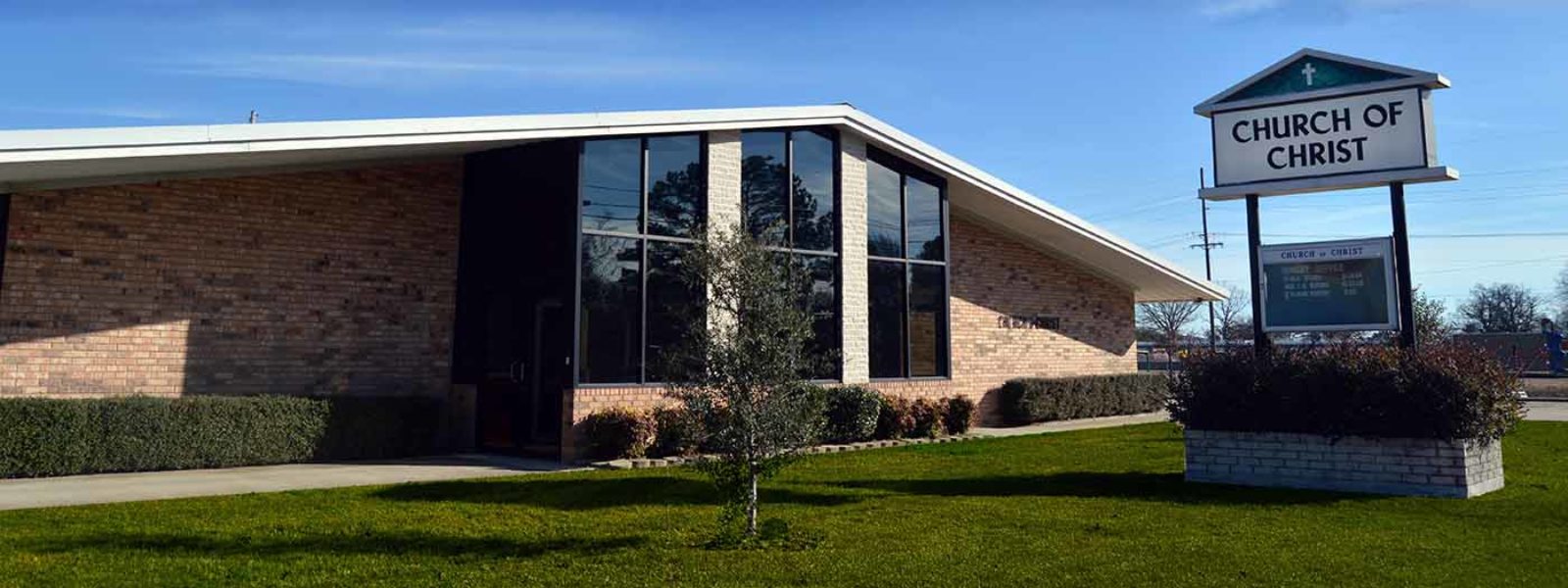What does “under the earth” mean in Revelation 5:3?
Podcast: Play in new window | Download
Subscribe: RSS
The prepositional phrase “under the earth” is used three times in the New Testament. It is used in Philippians 2:10, Revelation 5:3, and Revelation 5:13. Paul writes, “That at the name of Jesus every knee should bow, of things in heaven, and things in earth, and things under the earth” (Phil.2:10). John is recording his vision in the book of Revelation when he writes, “And no man in heaven, nor in earth, neither under the earth, was able to open the book, neither to look thereon” in Revelation 5:3, and in verse 13 he writes, “And every creature which is in heaven, and on the earth, and under the earth, and such as are in the sea, and all that are in them, heard I saying, Blessing, and honour, and glory, and power, be unto him that sitteth upon the throne, and unto the Lamb for ever and ever.”
First, we should note that the expression “under the earth” is used in these passages in relationship to the expressions “in heaven” and “on earth.” The basic idea of these three expressions being used together is completeness. It indicates that there is not a single location where exists a person of any kind (whether angel, man, or demon) that will not participate in the event being described in these verses. In other words, it is a rhetorical way to express an absolute, and that is how we should generally regard the whole of the expression, “in heaven, on earth, or under the earth.”
Second, we also note that just as there are persons in heaven (such as angels), and persons on the earth (such as men), there are also persons “under the earth.” Consider the language used to describe Jesus’ journey after death Ephesians 4:9-10, “Now that he ascended, what is it but that he also descended first into the lower parts of the earth? He that descended is the same also that ascended up far above all heavens, that he might fill all things.” Jesus’ descent into the “lower parts of the earth,” has reference to His journey to Hades after His death on the cross. In Acts 2:27, Peter quotes from Psalm 16:10, “Because thou wilt not leave my soul unto Hades, Neither wilt thou give thy Holy One to see corruption.” He explains that this is referring to Jesus when he says in verse 31, “he foreseeing this spake of the resurrection of the Christ, that neither was he left unto Hades, nor did his flesh see corruption.” We can conclude from the coupling of these verses together that Hades is the unseen realm “under the earth.” Jesus gives us a picture of the Hadean realm when he tells the story of the Rich Man and Lazarus in Luke 16:19-31. Both were in Hades, the unseen realm. The Rich Man was in torments, and Lazarus was in paradise. To put it simply, paradise is the place where the righteous go after death, and torments is the place where the wicked go after death. Jesus told the thief on the cross, “To-day shalt thou be with me in Paradise” (Luke 23:43). These are all places that are “under the earth.” Hence, both the sainted dead and the wicked are “under the earth” and all are awaiting the Day of Judgment when everyone will come forth from the grave. Jesus said, “Marvel not at this: for the hour is coming, in the which all that are in the graves shall hear his voice, And shall come forth; they that have done good, unto the resurrection of life; and they that have done evil, unto the resurrection of damnation.” So, as I understand it, the expression “under the earth” refers to everyone who is awaiting the resurrection of the dead, both righteous and unrighteous.

